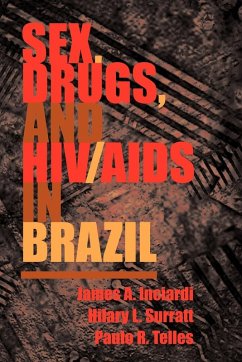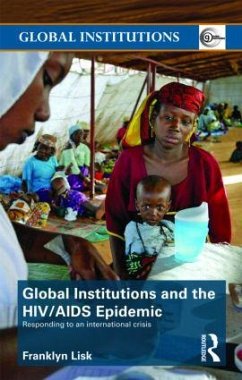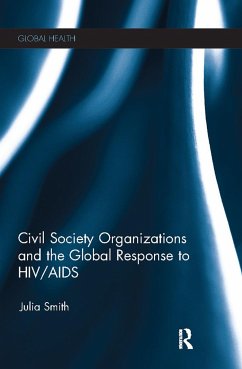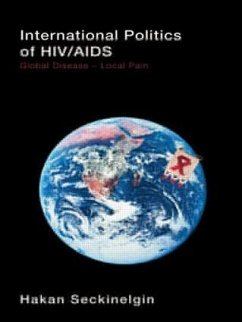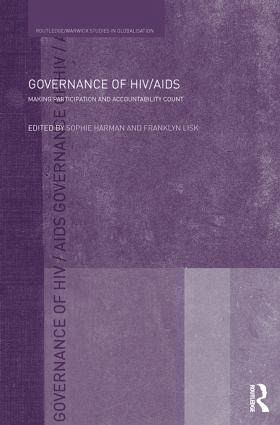
Governance of HIV/AIDS
Making Participation and Accountability Count
Herausgeber: Harman, Sophie; Lisk, Franklyn
Versandkostenfrei!
Versandfertig in 1-2 Wochen
59,99 €
inkl. MwSt.

PAYBACK Punkte
30 °P sammeln!
Examines the different forms of governance of HIV/AIDS that have emerged and how these actors and structures of governance enhance, or limit, participation and accountability, as well as the impact this is having upon effective global responses to the epidemic.





